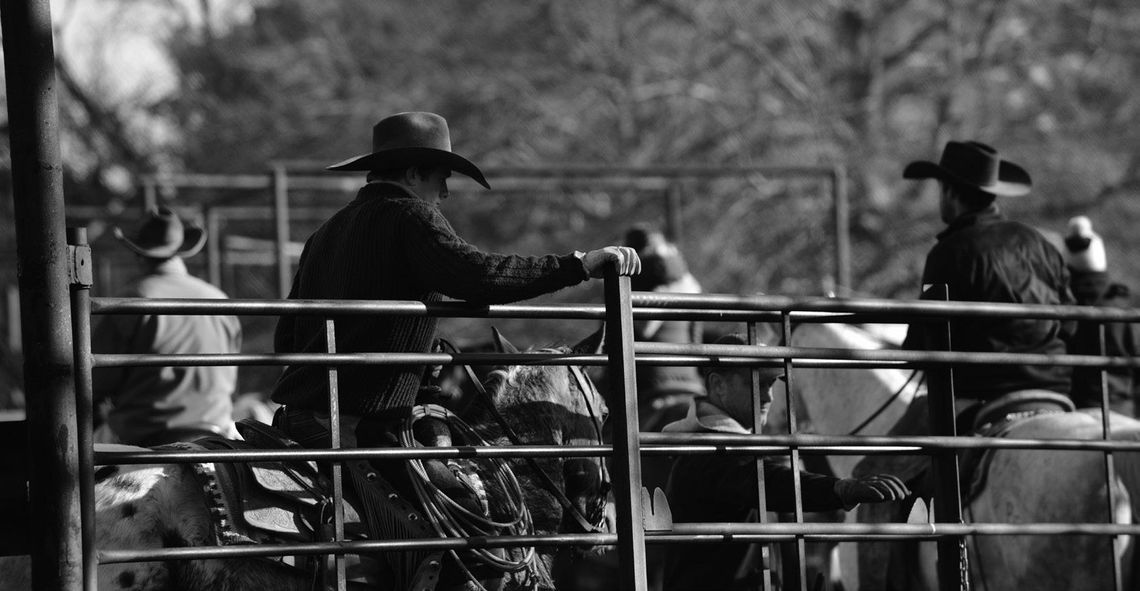I began writing about farmers and ranchers in 2015 as an outsider-looking-in because I wanted to understand how agriculture works. Here is what I learned about them.
Family Matters
PLEASE LOG IN FOR PREMIUM CONTENT. Our website requires visitors to log in to view the best local news.
Not yet a subscriber? Subscribe today!



